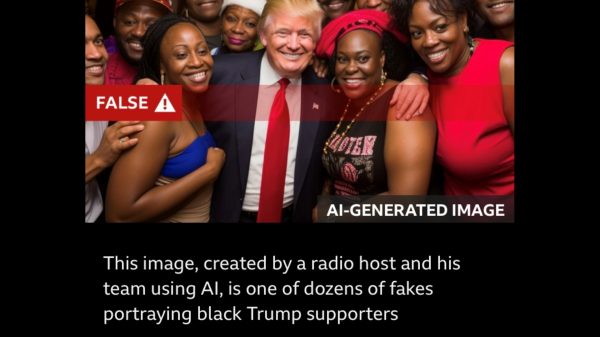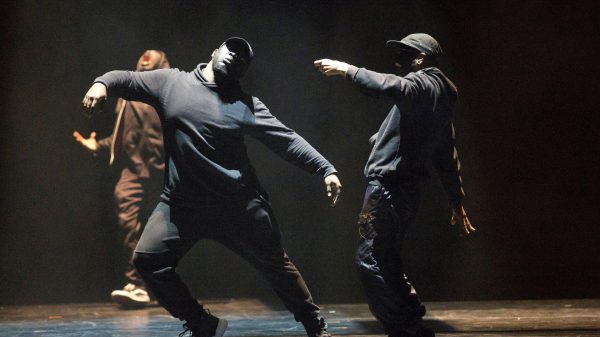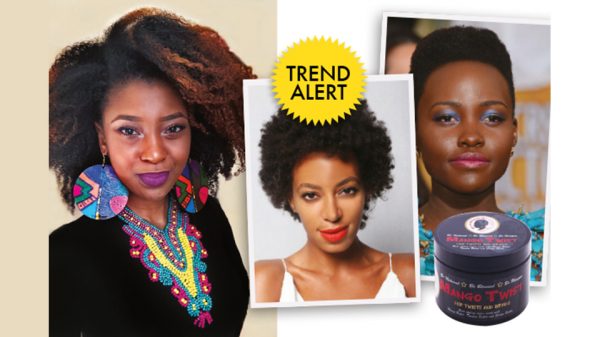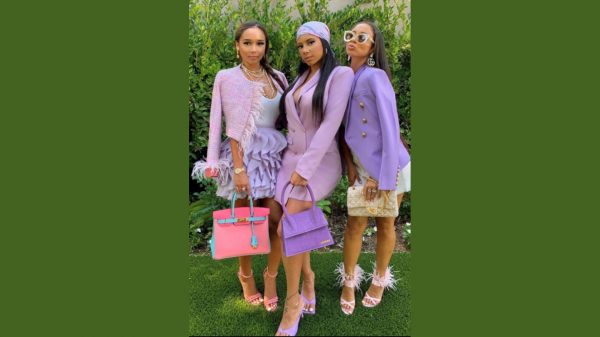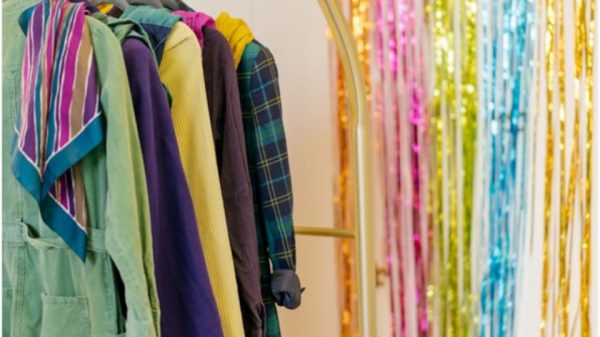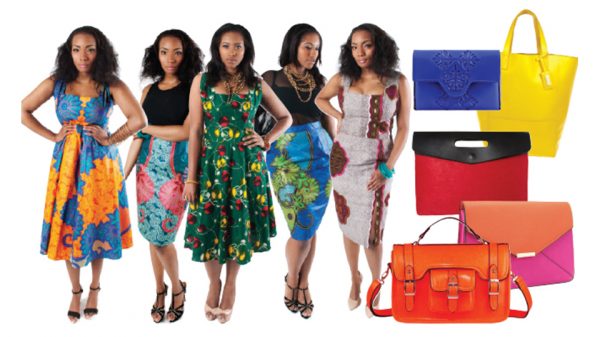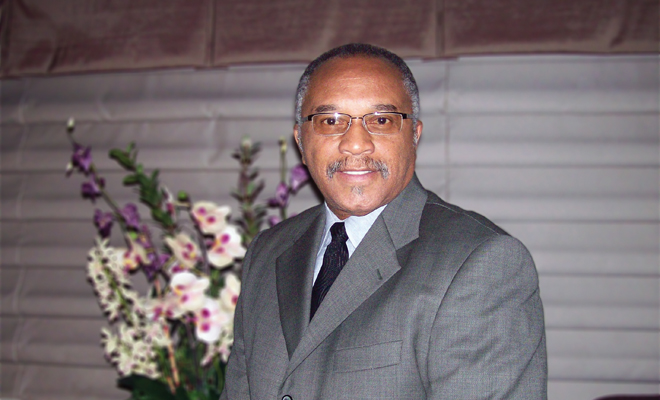Pride’s Mary Bello speaks to Tommie Smith, the sporting legend behind the ’68 power salute, and discovers that he’s still as passionate for equality today as he was 46 years ago.
When I interview Tommie Smith, 68, he is on a flying visit to London town, with plans to attend the premiere of the film Salute and to give lectures about equality to British youths in conjunction with Operation Black Vote – an organisation that promotes racial equality and justice for all in the UK. Born in Clarkesville, Texas, in 1944, he set a world record for the 200m in 1966 at San Jose State University, which was bested just recently in 2010 by Tyrone Gay. An elite sportsman, Mr. Smith scooped a gold medal at his first (and last) Olympics in ‘68 and had a successful career in American football. Tommie also founded the Olympic Project for Human Rights (OPHR) in 1967 with fellow athlete John Carlos and sociologist Harry Edwards. The aim of the organisation was to protest against racial segregation in the US and South Africa. as well as racism in sports. At the 1968 New Mexico games, after securing first place and setting the world record for the 200m race, Smith took to the podium and did a one-handed victory salute alongside John Carlos, whilst Australian athlete Peter Norman donned an OPHR badge in solidarity. It wasn’t a military planned operation, the trio merely decided moments after their race to make this gesture that would be seen by the world and effect their lives forever. All three suffered career-wise in the aftermath of the event. Tommie’s motivation for salute was simple: he wanted equality for all.
In the UK we’ve had issues with black players facing racism within football, highlighted by the recent incident between John Terry and Anton Ferdinand. What are your thoughts on the situation?
Well Terry is trying to pass off any comment he made as part and parcel of the game. He is trying to normalise it as an acceptable part of sport, but denigrating someone’s ethnicity cannot be rationalised. Degrading someone in relation to their colour can never just be a ‘part of the sport’ – it’s a part of racism. I’m interested to see what will happen after the trial. I’m hoping that the youth will heed what has happened and take positive steps, as opposed to a situation like last year [the riots] occurring. We need to listen and then react.
Do you think black footballers need to make more of a stand against racial inequality on the pitch?
Sport is meant to be a unilateral case of understanding, of love and truce, where young people can come together to achieve something. Unfortunately, money is the root of all evil. The money that the football players receive still comes from the hands of white people. I’m not afraid to say that because it is the truth. They don’t want to affect that money, so they stay quiet, but I’m hopeful that black footballers will now make a conscious decision to be more vocal. No one should be in Anton Ferdinand’s position.
What made you decide to go ahead with the salute at New Mexico ’68?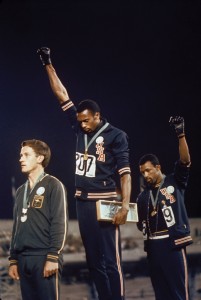
OPHR was the only project for human rights, as opposed to civil rights, at the time. We wanted to show that for civil rights to exist, there had to be human rights. Initially, we planned to do something with other athletes and to boycott the games, but they were afraid to join in for fear of repercussions. So it was decided that every athlete would make a representation in accordance to how they felt. And that’s how John and I felt.
Many people call your salute the ‘Black Power Salute’…
That’s the wrong term, it is the Victory, Stand. That means I was standing up for victory for all.
But you’d just won gold for the 200m race! Were you not afraid that you’d lose your kudos? Your career? The Olympic authorities turned on you following the salute you made…
I wasn’t in fear of losing my career because I was an educated young man and no-one could take that away from me, but I did fear for my life after the Victory, Stand was made. I was threatened; my family was threatened. My mother received cow manure and dead rats in the mail. She ended up passing away in ’71. The pressures killed her.
Did that ever make you regret what you did?
No never. My family understood why I did it. My parents sacrificed a lot for us. They were labourers in the field and they were degraded out there. We knew hardship in life. The stand I made was in reverence of the things they went through and the sacrifices they made for me, amongst other things.
How do you think the Victory, Stand resonates with the world today?
I think that now, more than ever, it has a positive affect. At the time that it happened, even though people agreed with it, they wouldn’t come out and say so because the white man who controlled their jobs could have fired them. As time passed, that fear lessened.
Usain Bolt is now the world’s greatest athlete. Do you think he should make a stand for a human rights issue as the world’s eyes are on him?
Ok, so Usain Bolt and Tommie Smith are the greatest athletes that ever lived. People might say I’m patting myself on the back but I know it’s true. But he’s Jamaican; I grew up in America. Jamaica is a black country, so him being a great athlete and having things to say like I did probably won’t happen because he has never had to face the same problems, the same adversities that I grappled with in America. You have to remember black people in the US were brought as slaves for the white man, we worked for them and were then expected to work side by side with them. That transition wasn’t easy and left our society fraught with problems.
What makes a great runner?
The blessing of physical ability and an attitude that allows you to focus.
The movie Salute focuses on Peter Norman’s involvement. What did you make of his contribution?
I wish there were more people like Peter Norman – not afraid to stand up, even though he was at odds with Australia. He believed in our cause, in justice. He was a good man and it’s an important movie. Kathy Freeman, an Aboriginal athlete, once said that because of her race she was pushed to the sidelines. That kind of treatment ain’t right…

